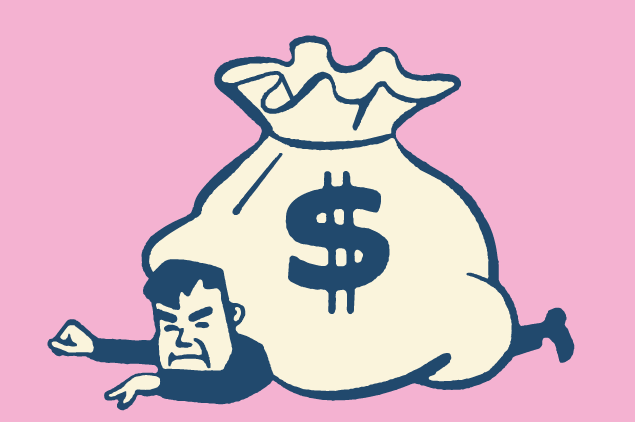<b>I have a question about filling out a FAFSA form for my child. If
we fill out the form and my child is granted a loan for college, will
the parents be cosigners or responsible in any way for their child's
loan either now or in the future?
— D.F.
No. The Free Application for Federal Student Aid (FAFSA) is the first
step in applying for student financial aid from the federal
government, from the state government and from many colleges. You
would have to take additional steps before you could be held responsible
for repaying education loans.
Filing a FAFSA does not obligate you or your child in any way. In
particular, you do not have to accept the education loans. However, if
you do not accept the loans, the college will not increase
the other forms of financial aid to compensate.
If you do not file the FAFSA, your child will not get any grants or
most other forms of financial aid.
The FAFSA is a prerequisite before your child can get student loans,
such as the Federal Perkins loan and Federal Stafford loan. Only the
student is obligated to repay these loans. Parents are not responsible
for repaying their children's federal student loans and cannot cosign
these loans. If the child defaults on a federal student loan loan,
only the child's credit is ruined. Federal student loans are not
reported on the parent's credit history.
Parents are not responsible for repaying their child's federal student
loans even if the child is or was underage. Federal student loans are
not subject to the defense of infancy, per sections 484A(b)(2) and (3)
of the Higher Education Act of 1965.
The FAFSA is also a prerequisite for the Federal Parent PLUS loan
starting with the 2011-12 award year. The Parent PLUS loan is borrowed
by the parent of an undergraduate student to help pay for the
student's college costs. Only the parent is responsible for repaying a
Parent PLUS loan, but there is no obligation to borrow a Parent PLUS
loan. (Some parents will enter into a side agreement with their child
where the child agrees to make payments on the parent's Parent PLUS
loan. But late payments on a Parent PLUS loan will still be reported
on the parent's credit history.)
Private student loans, also known as alternative student loans, often
require a cosigner such as a parent. If a parent is willing to cosign
a loan, it increases the student's chances of getting the loan and may
yield a lower interest rate. Eligibility and interest rates are based
on the higher of the two credit scores. But a cosigner is a
co-borrower, equally obligated to repay the loan. Late payments and
defaults on a private student loan are reported on the credit history
of both the student borrower and the cosigner. Often lenders of
private student loans will start seeking payments from the cosigner
after the student is just a few days late in making a payment. Even
if all of the payments are made on time, the cosigned loan will still
show up as an obligation on the cosigner's credit history. This can
sometimes affect the cosigner's ability to get additional credit, such
as a home mortgage, since the cosigned loan will be counted in the
cosigner's debt-to-income ratios.
But submitting the FAFSA does not obligate you to borrow a Parent PLUS
loan or to cosign a private student loan. Only if you sign a Master
Promissory Note (MPN) for a Federal Parent PLUS loan or cosign the
promissory note for a private student loan will you have any
obligation to repay that loan. The promissory note is a legal contract
between the borrower/consigner and the lender, in which you
agree to repay the loan. If you do not sign a promissory note, you are
not obligated to repay the loan.
If you do not file the FAFSA, your child will not be eligible for most
forms of student financial aid, such as government and college grants
and student employment programs like federal work-study. The college
cannot grant a student a dependency override just because the parents
refuse to complete the FAFSA and/or because the parents refuse to
provide support, even if the student lives on his/her own and is
self-supporting. The college's financial aid administrator does have
the authority to offer a dependent student unsubsidized Stafford
loans if the parents have refused to complete the FAFSA and have ended
financial support for the student. But this student will not be
eligible for other forms of financial aid.
Does Filing a FAFSA Obligate You in Any Way? Are Parents Responsible for Repaying a Child's Student Loans?

